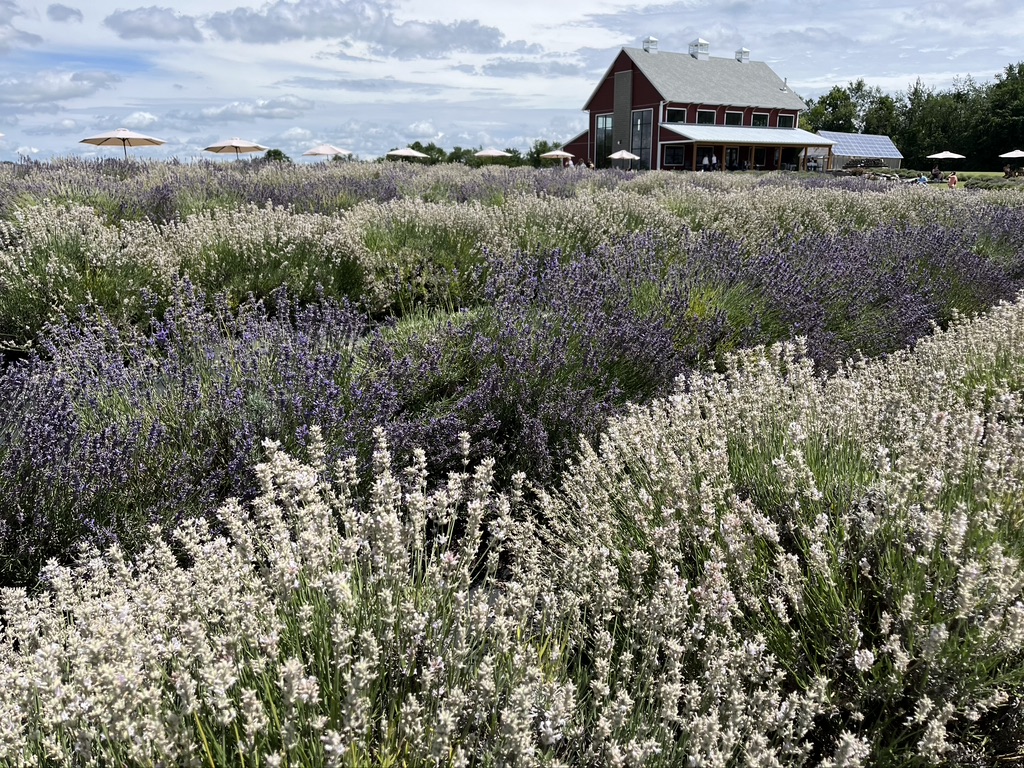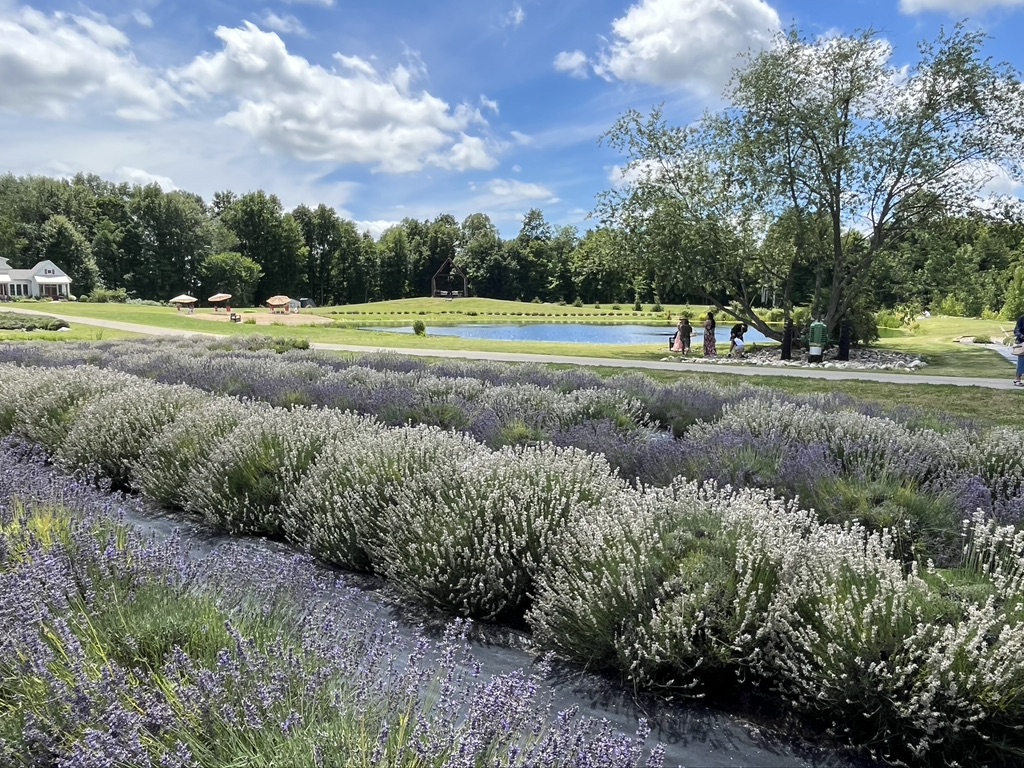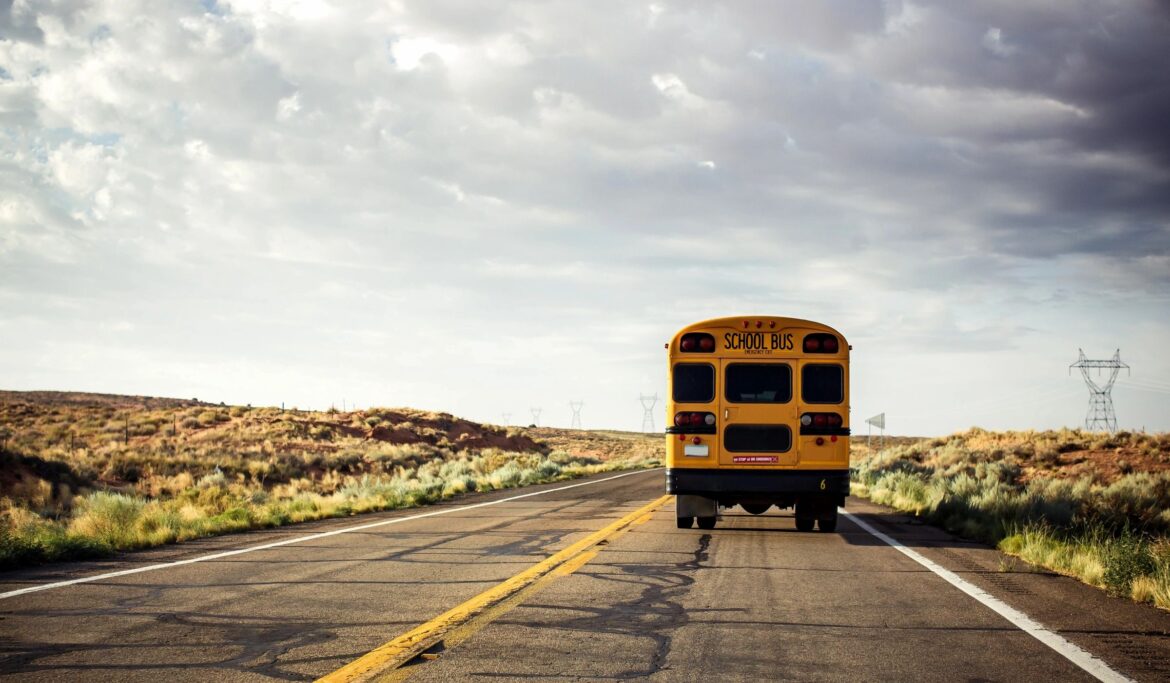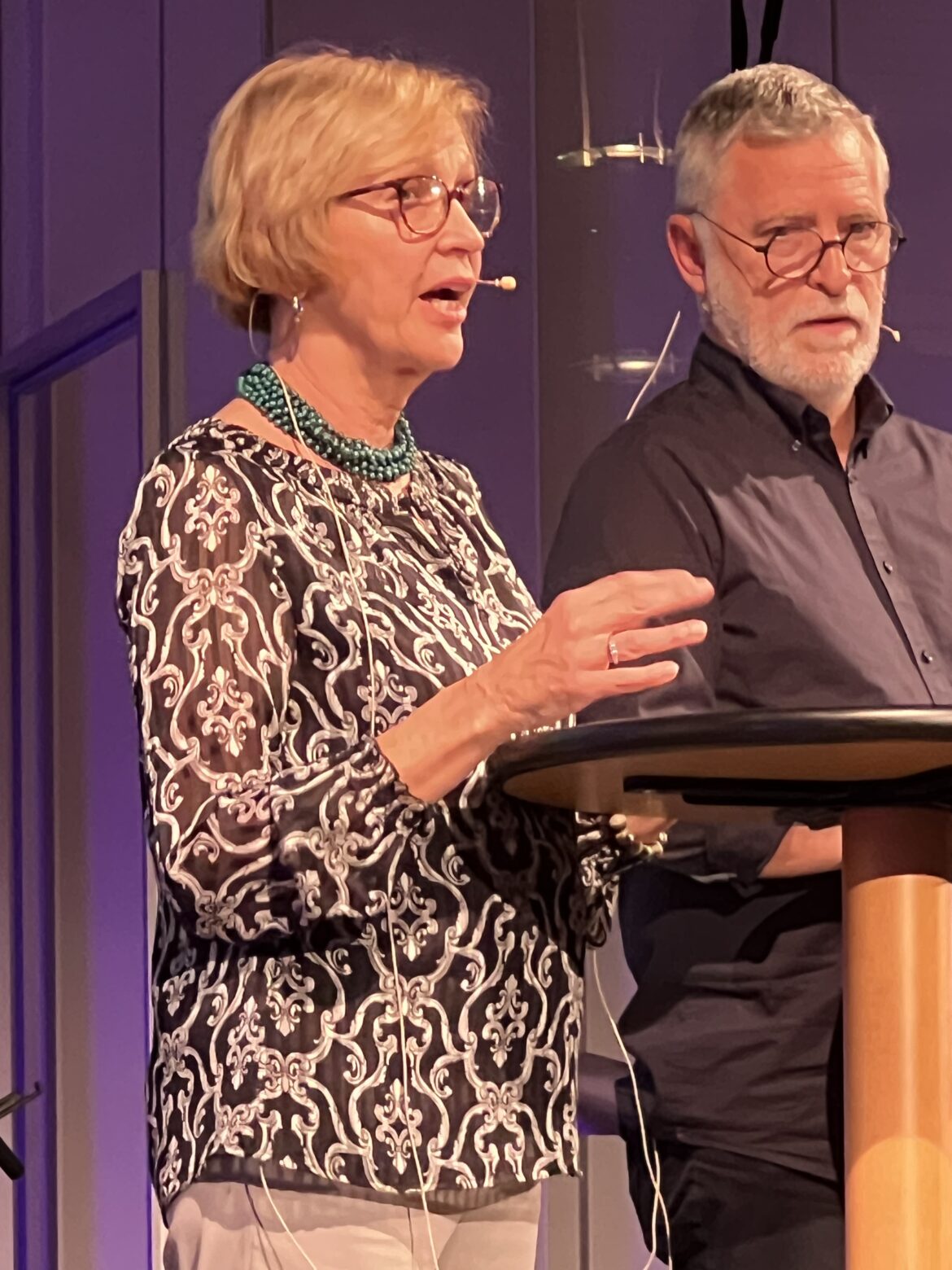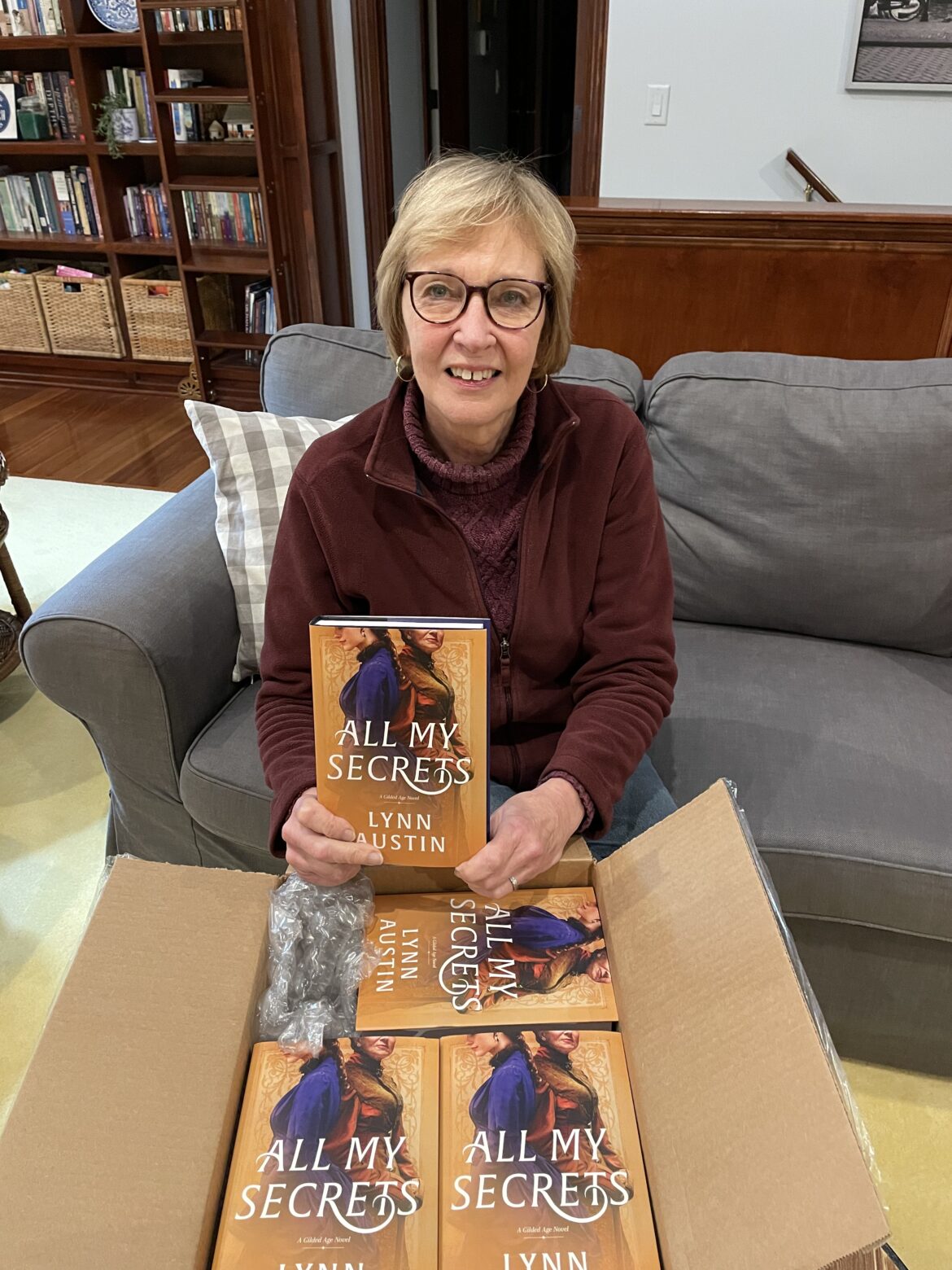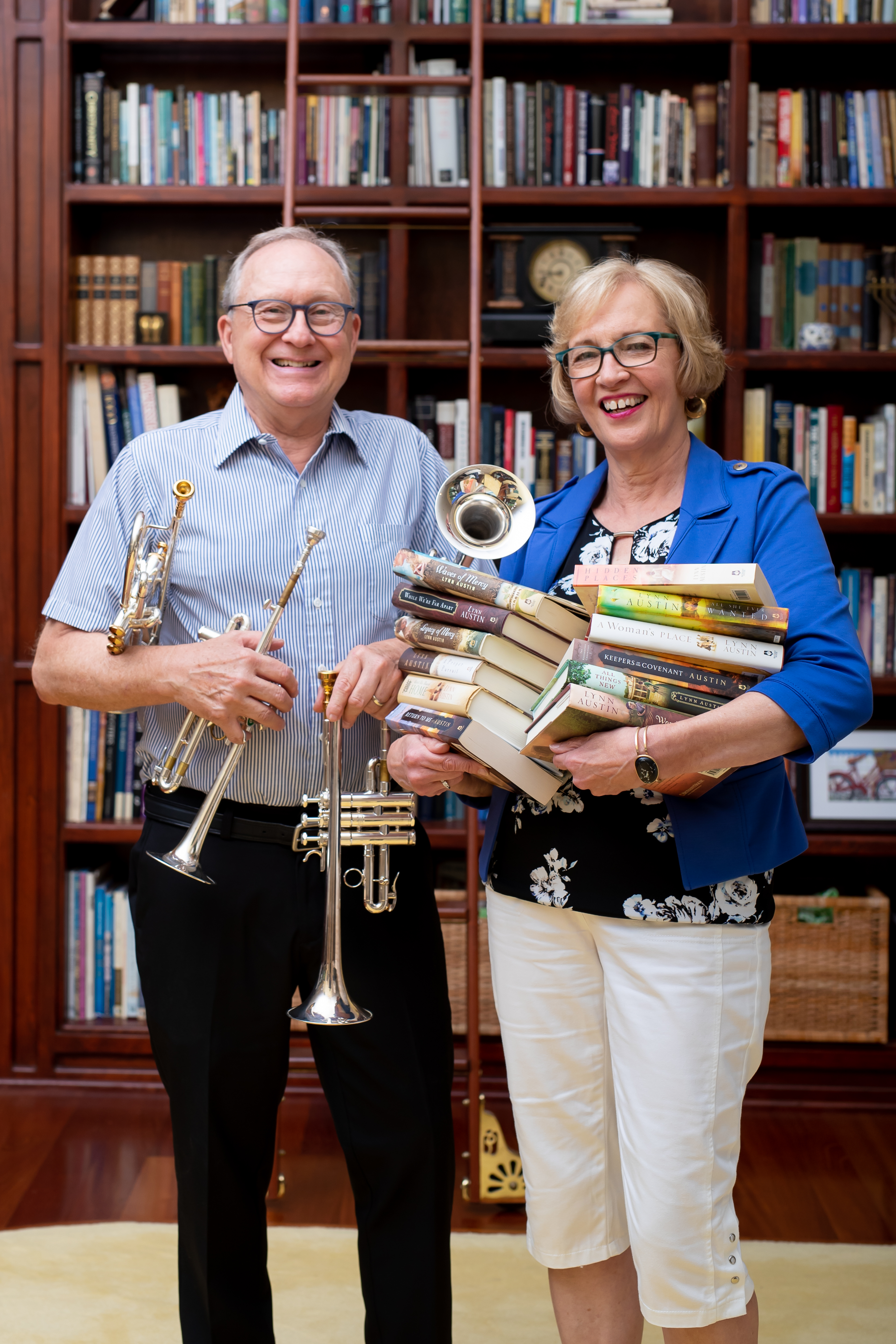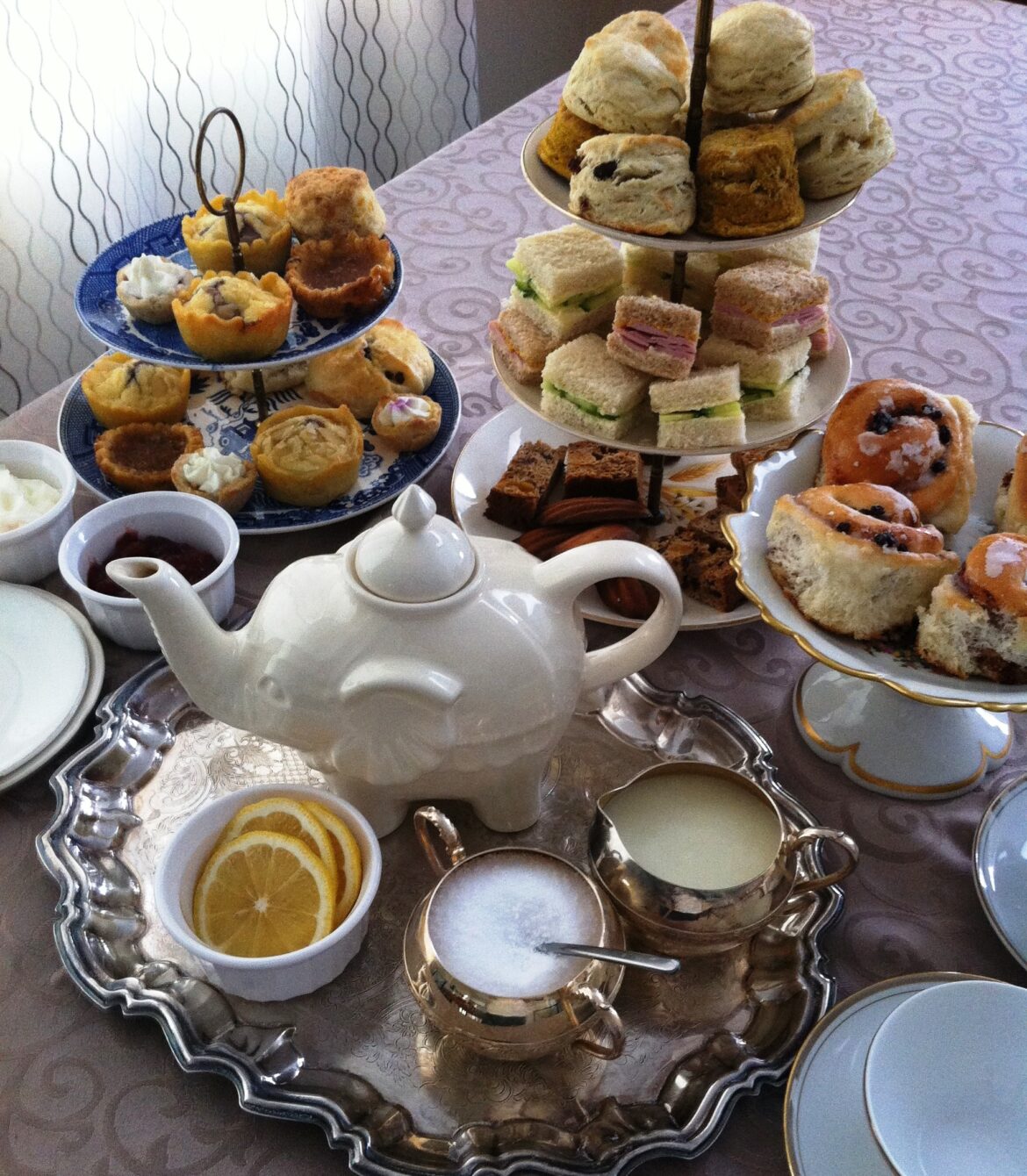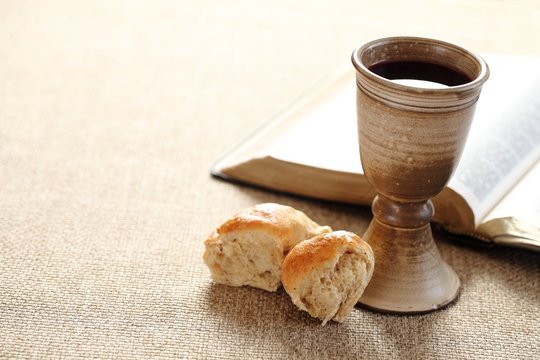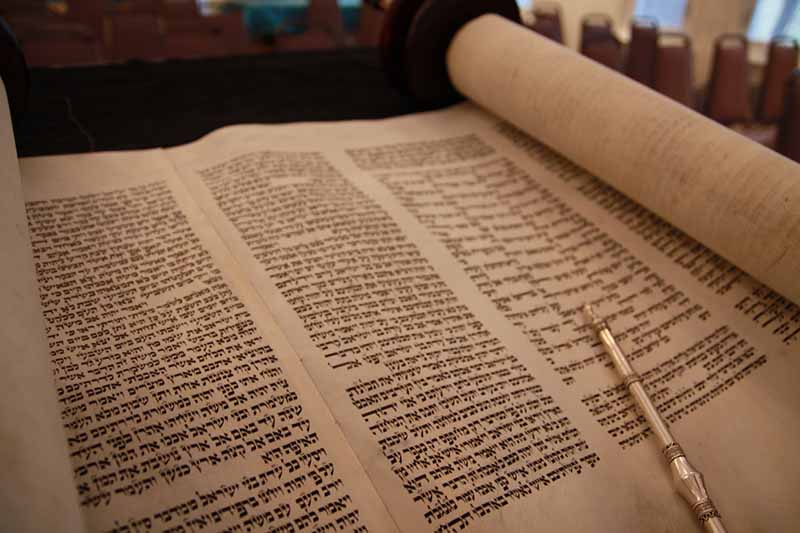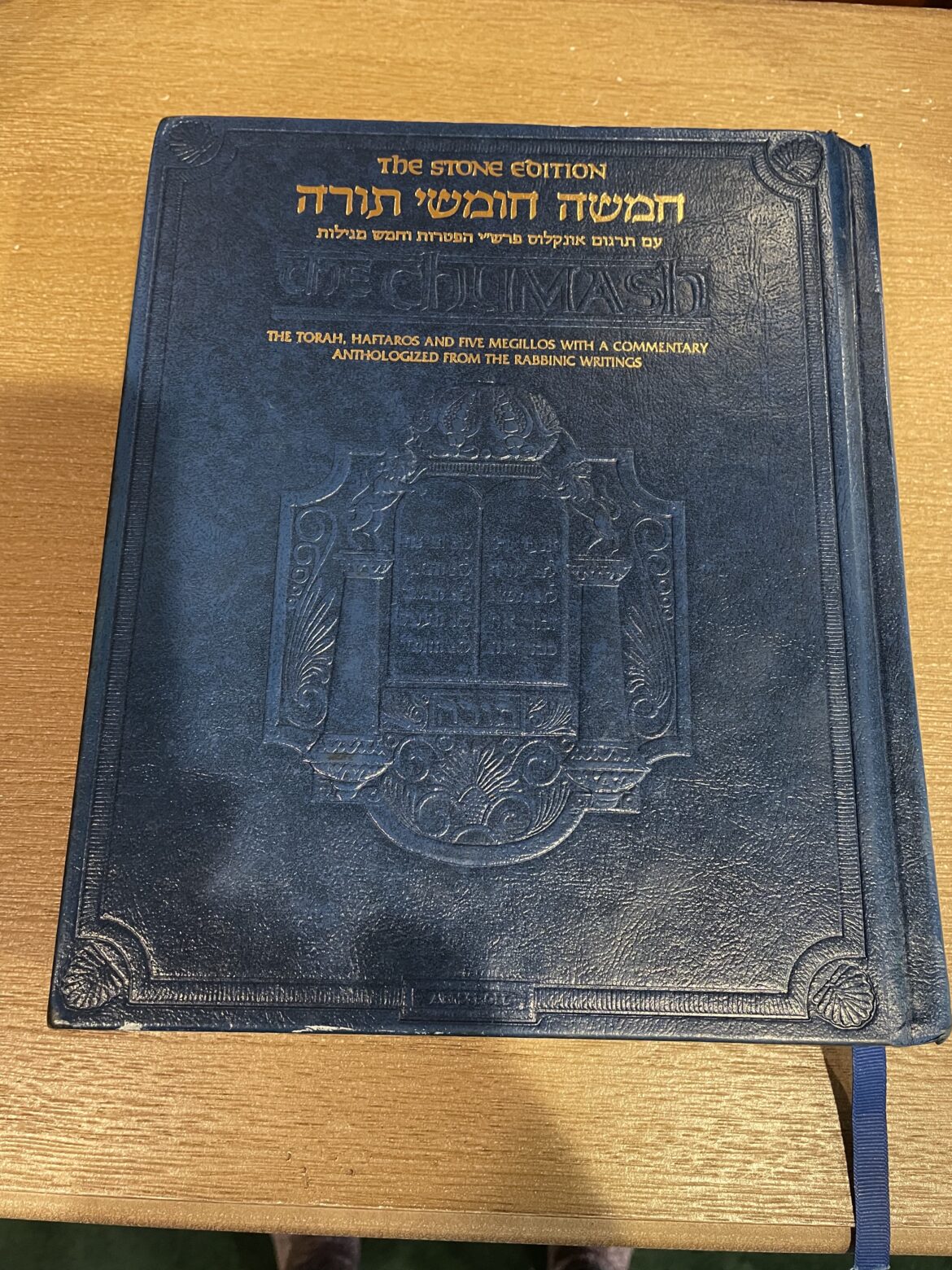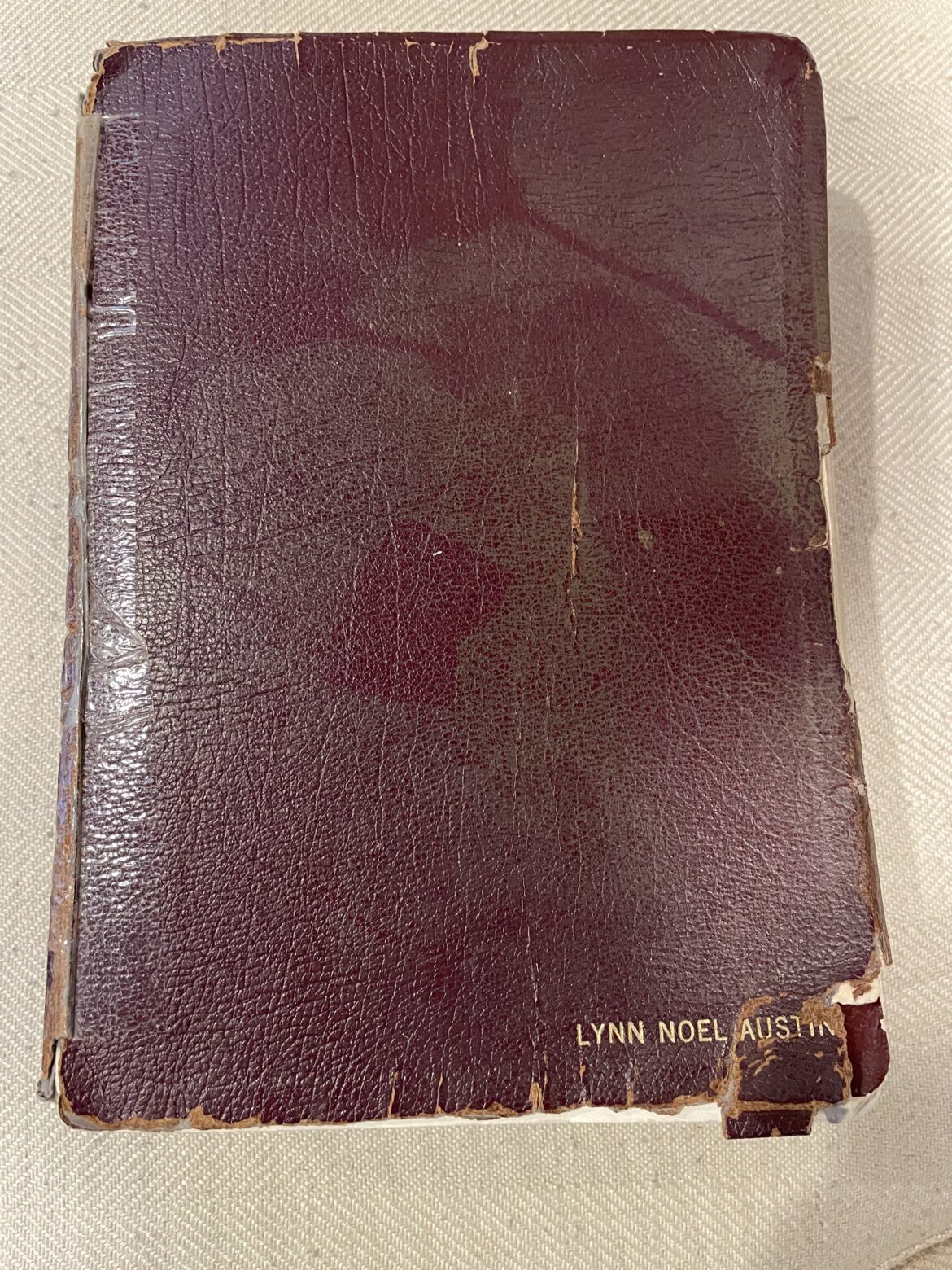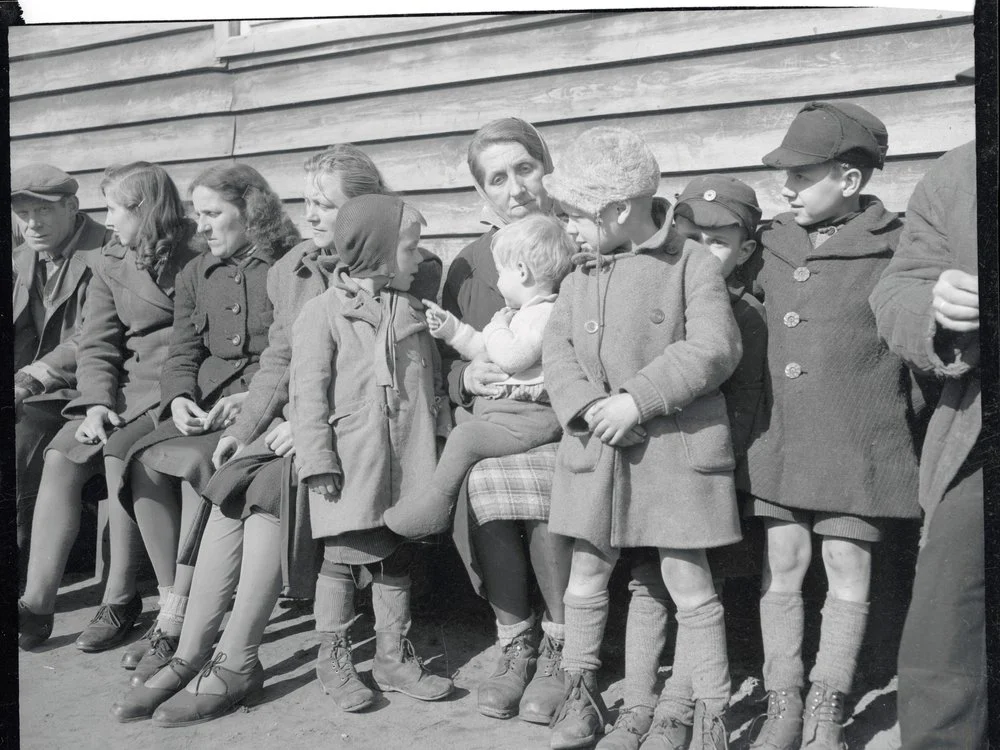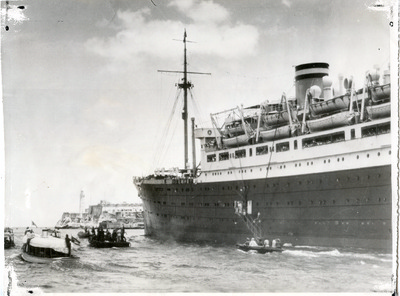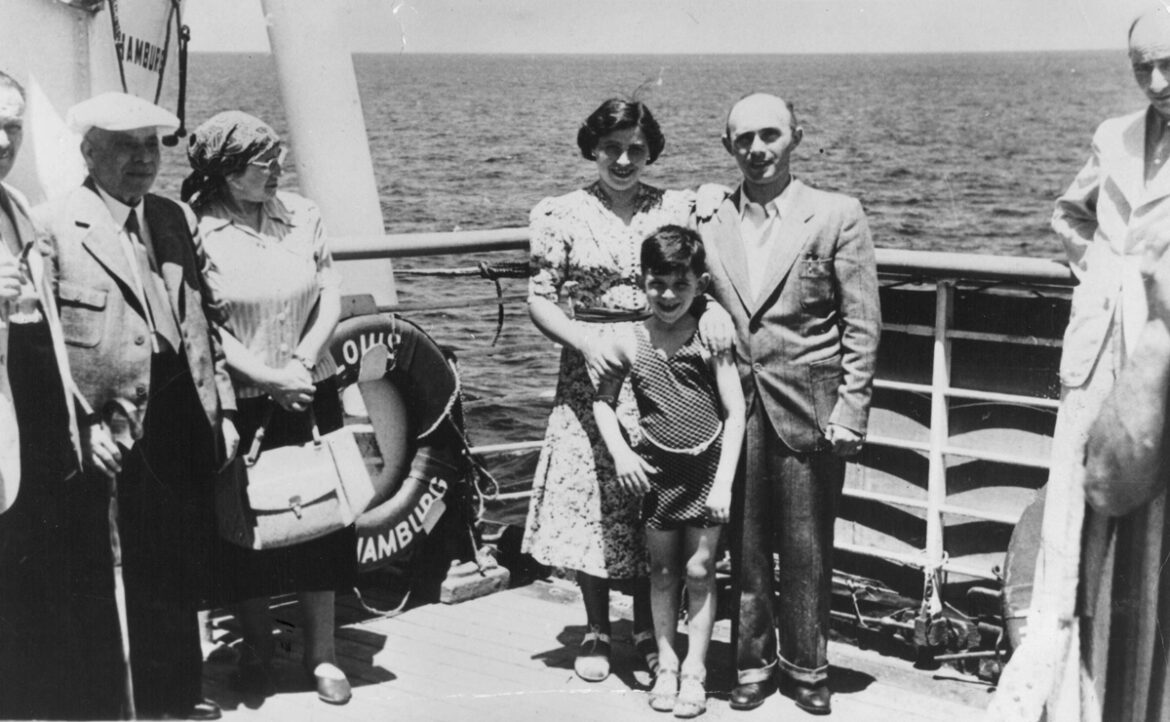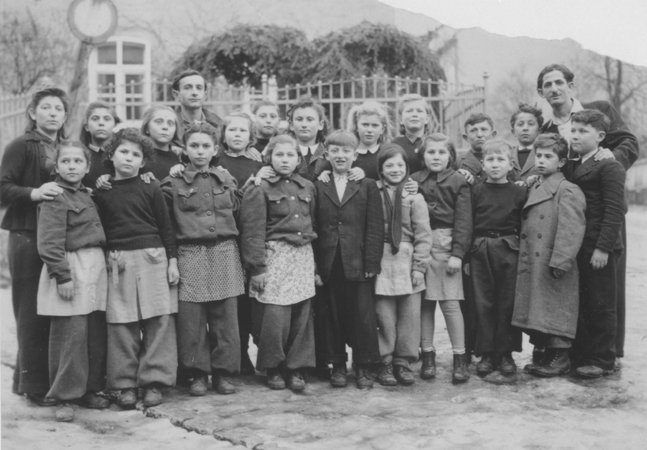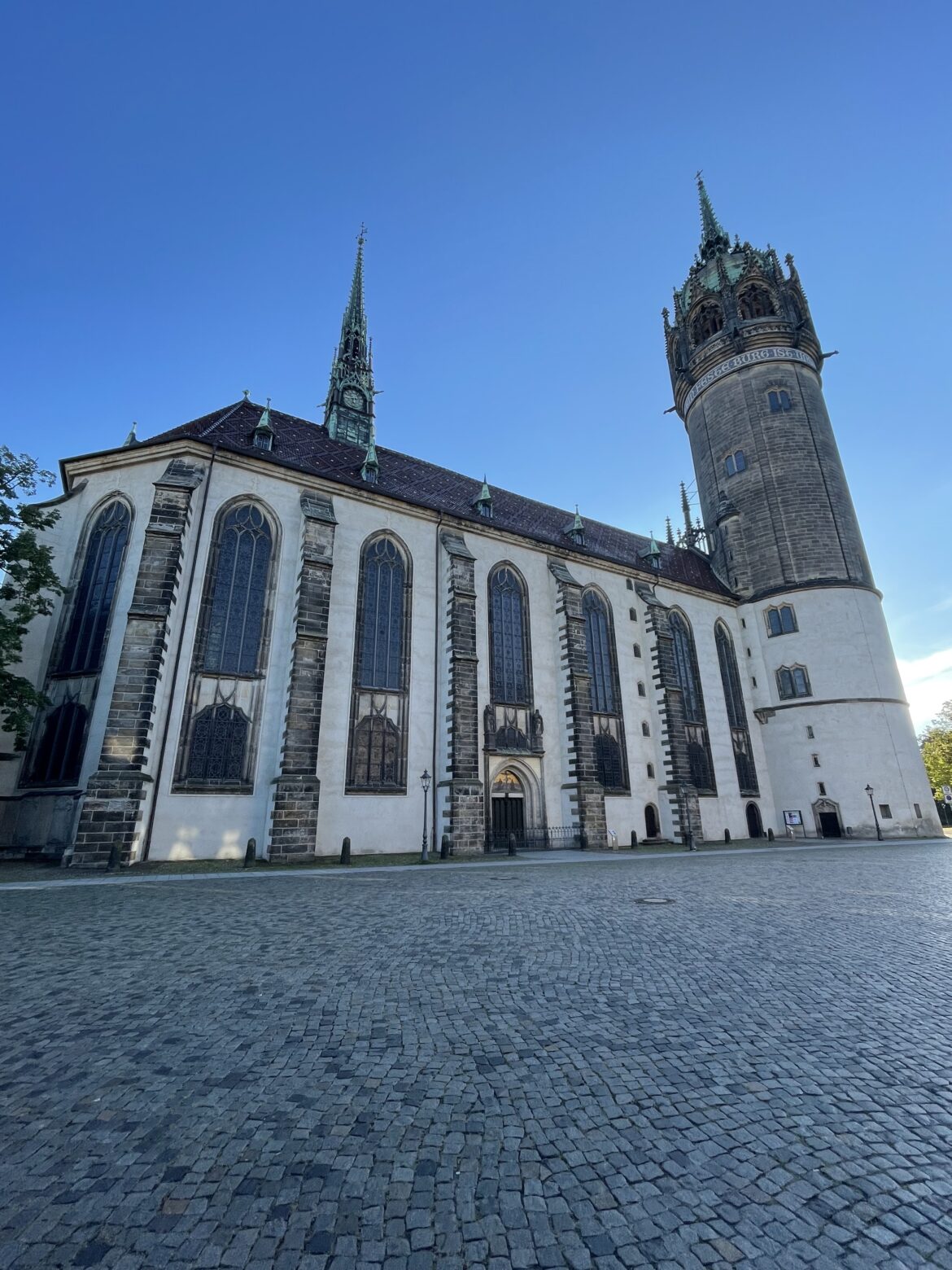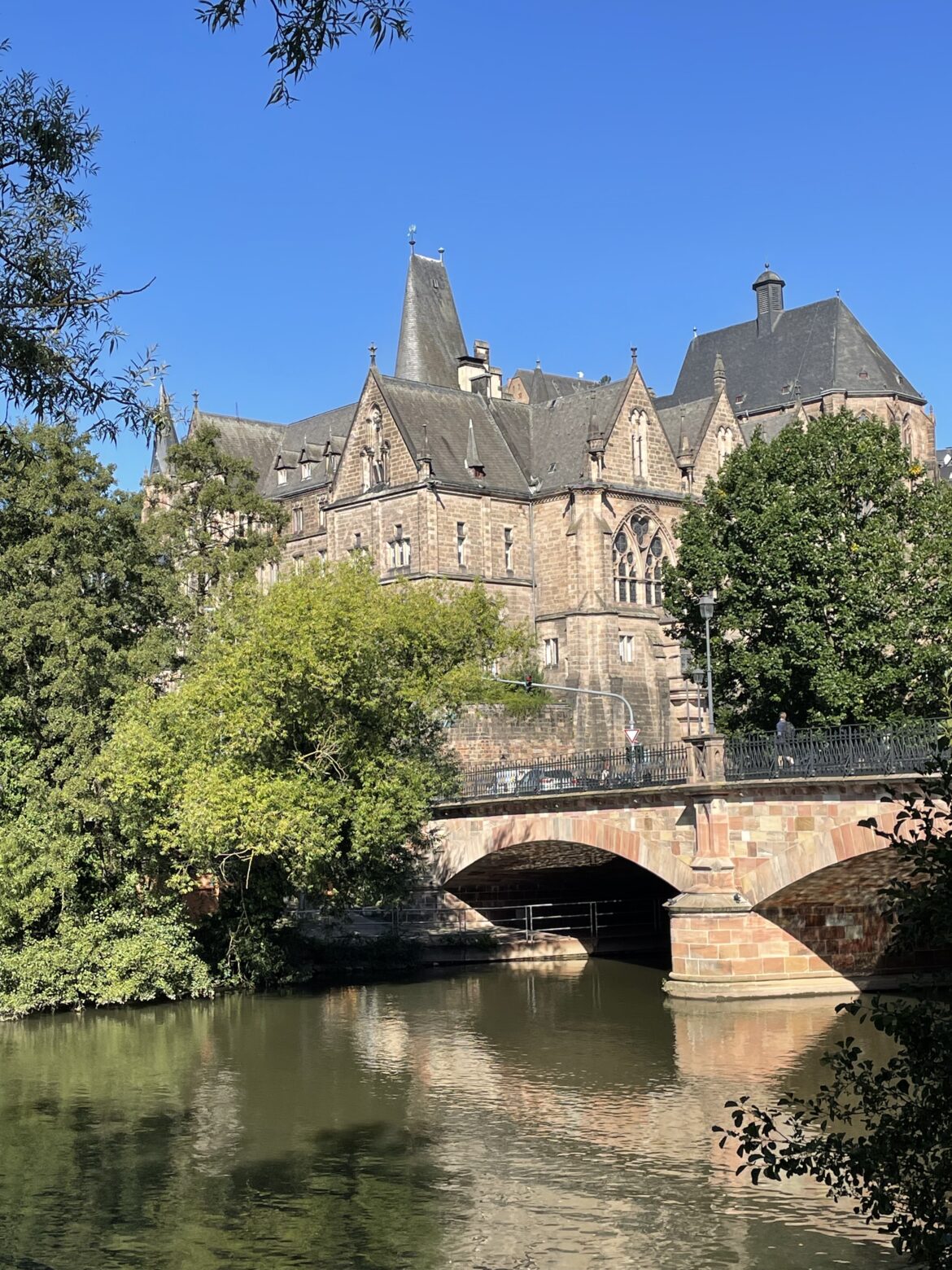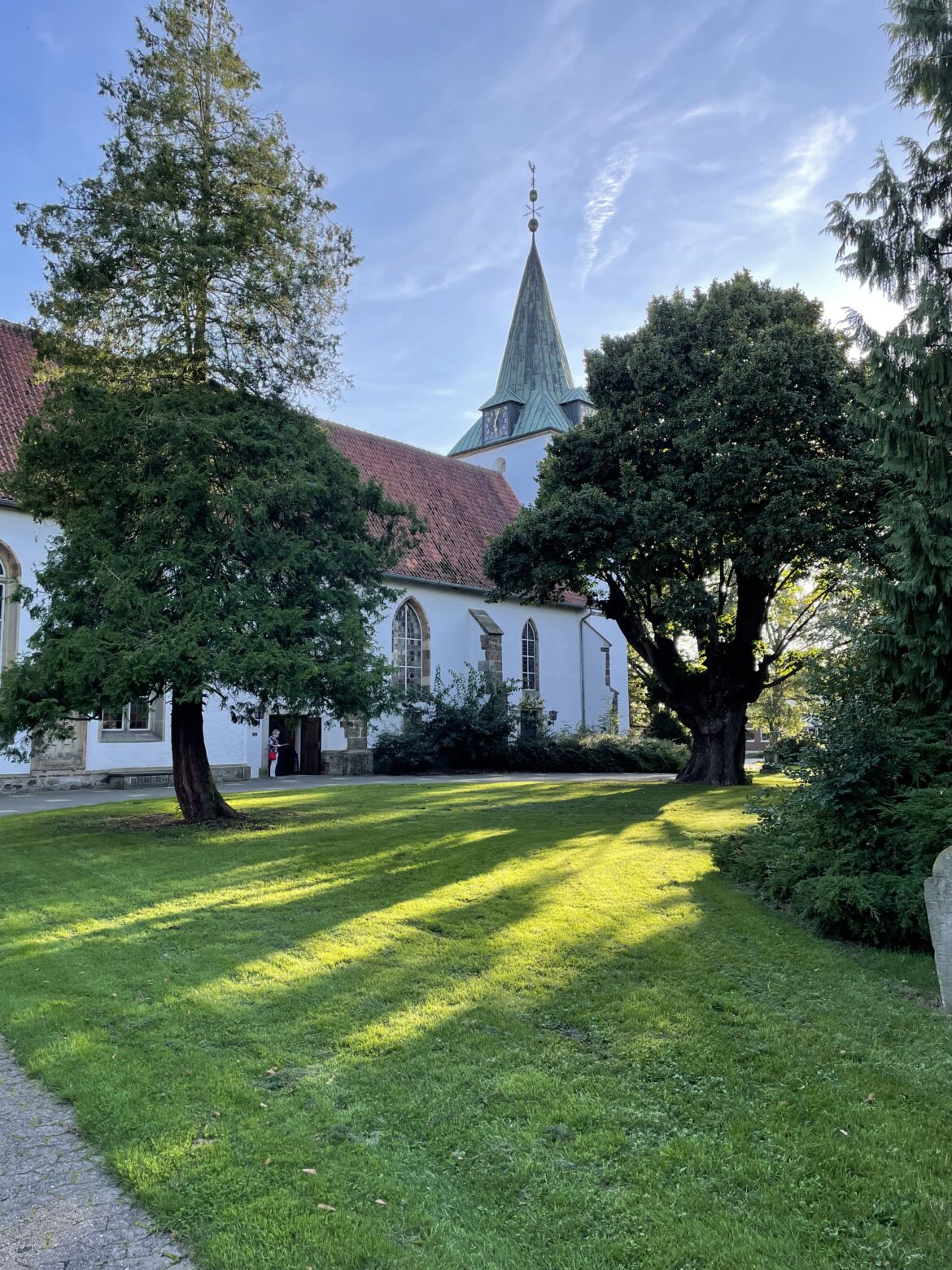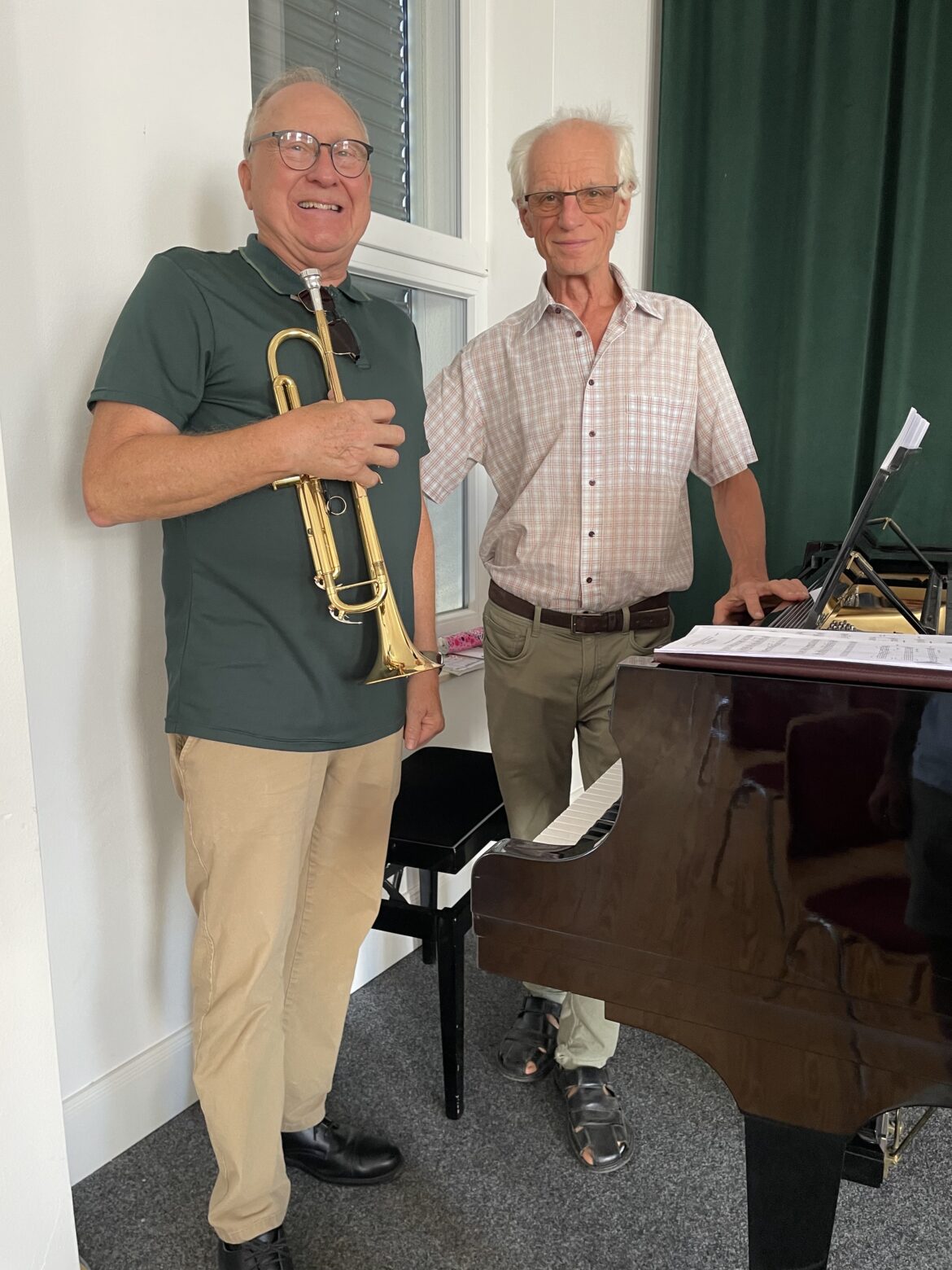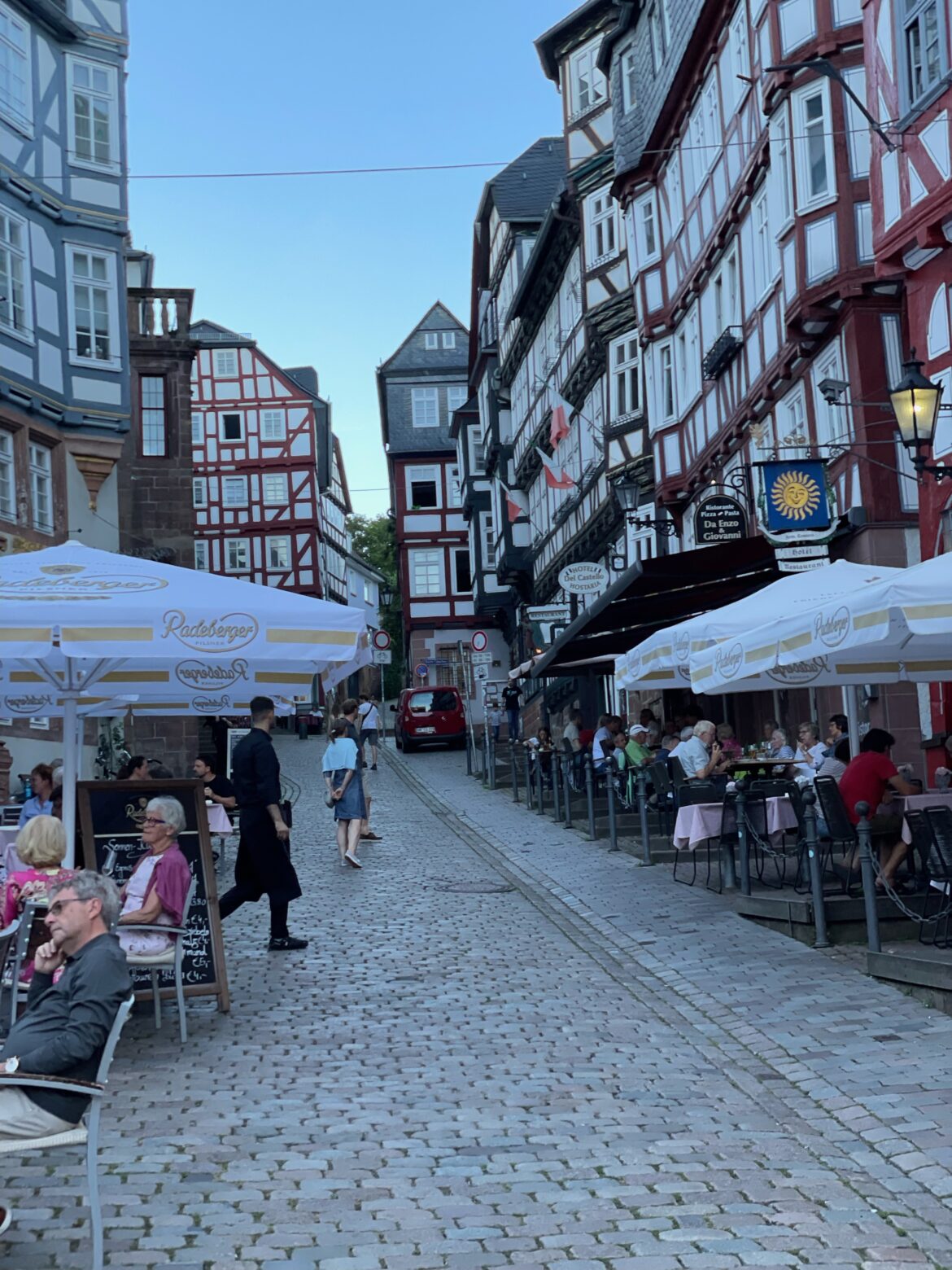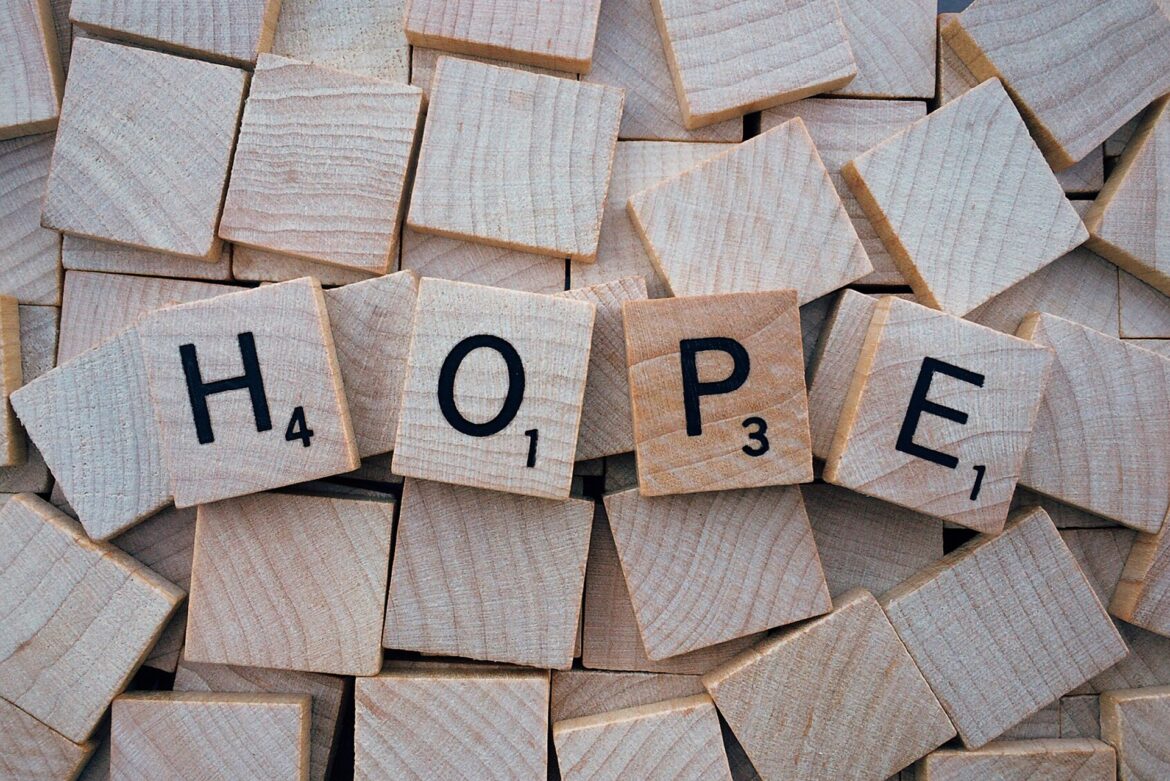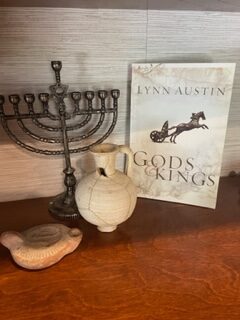Bikes, Boats, and Trees
Last week, Ken and I loaded our bikes onboard the “S.S. Badger” in Ludington, MI for a bicycling excursion with our friends Paul and Jacki. The 71-year-old “Badger” is the last coal-fired passenger steamship in operation in the U.S., ferrying up to 600 passengers and 180 vehicles back and forth across Lake Michigan. The summer day was perfect for our four-hour voyage, with blue skies and calm waters. The lake is so huge that the shoreline was out of sight for most of the journey, leaving a view of the vast, open water all around us.



We had to travel light, packing everything we needed for the overnight trip into our bike’s saddlebags. After an uneventful voyage, we landed in Manitowoc, WI and set off to explore. The city is a very bike-friendly, and we rode the beautiful Mariners’ Trail, a scenic path that goes right along Lake Michigan.

Before long, we came to a serendipitous surprise—the magnificent “West of the Lake Gardens” overlooking Lake Michigan. Pictures can’t convey how breathtaking this privately-owned estate is—and it’s free, and open to the public. I removed my shoes and walked barefoot in the soft, green grass. It was heavenly! I think Eden must have looked like this garden!



We got back on our bikes to explore more parks and beaches in the area before stopping for the night at our hotel in Two Rivers, WI. We ate several great meals on this trip, and even sampled the famous Wisconsin Cheese Curds.

Rain was forecast for the following day, but thankfully, we made it back to Manitowoc without getting wet. Once there, we visited the Wisconsin Maritime Museum, and toured the USS Cobia, a WWII era submarine. One of the museum’s displays chronicled the approximately 1,500 shipwrecks lying beneath Lake Michigan, including “The Phoenix,” which I featured in my novel “Waves of Mercy.”



It was a little unnerving to read about shipwrecks because the stormy weather had arrived with 6-to-8-foot waves by the time we were ready to re-board for the trip home. Rain lashed the ship, which rocked from side to side the entire way, making it a challenge for a land-lubber like me to walk without staggering. But we arrived safely home again, bringing lots of great memories with us.



One of my favorite sights on the trip was this enormous willow tree along the shoreline of the lake. It must be hundreds of years old, and has probably survived hundreds of storms in its lifetime. Psalm 1, which is one of my favorites, compares a righteous person to a thriving tree like this one, planted by the water.

The psalm says that “Blessed is the person who does not walk in the counsel of the wicked or stand in the way of sinners or sit in the seat of mockers.” It’s much too easy to follow the crowd, walking in the way of popular culture. It’s even easier to sit at our computers and join in with the mockers, ridiculing those we disagree with. But blessed is the person who doesn’t do those things. “His delight is in the law of the Lord, and on His law he meditates day and night.”
Someone asked Jesus which was the most important Law—the one we should meditate on day and night. He replied that we must love God with all our heart, soul, mind, and strength, and love our neighbor as ourselves. What would my life be like if I meditated on His words every morning and asked Him to help me love God with all that I am? And what if I asked how I can love my neighbor today? And my enemies? It’s increasingly clear that Christians have enemies in this world who mock us and seek to silence us. When I read the news headlines, fear washes over me like those powerful waves. But God is in control. Perhaps for every hour I spend reading the news, I should spend another hour in prayer!
The psalm ends with this promise: “The Lord watches over the way of the righteous, but the way of the wicked will perish.” When the storms of this world rage, those of us who are righteous in Christ Jesus will look just like that magnificent tree, “planted by streams of water, which yields its fruit in season and whose leaf does not wither. Whatever he does prospers.” I long to stand tall and solid like that tree.
- 736
- 30
- 0

